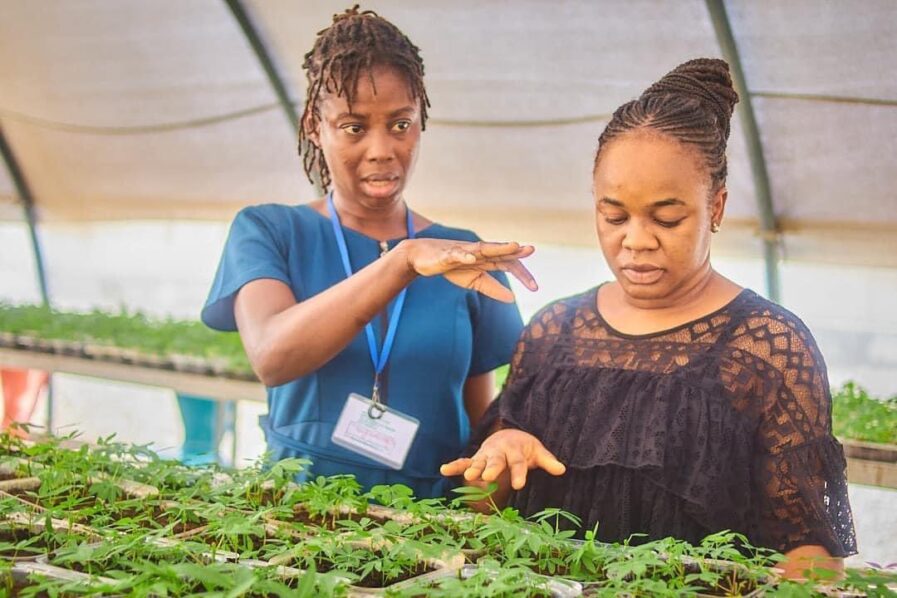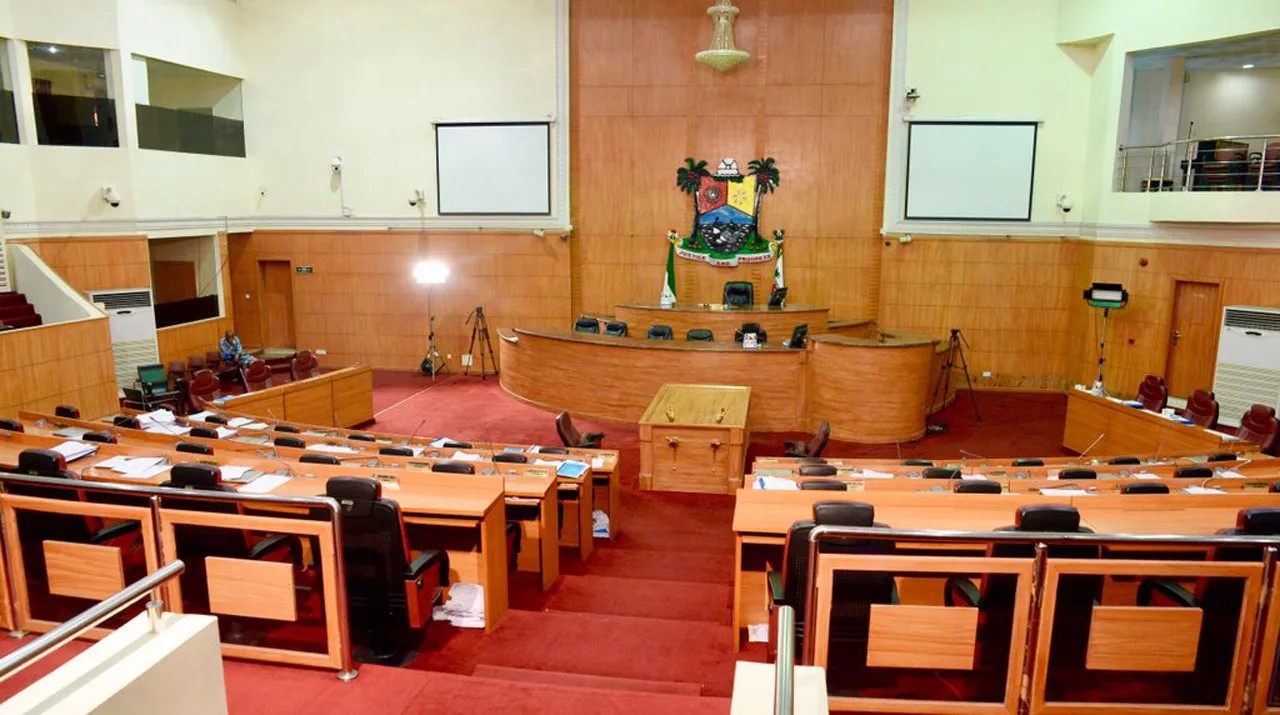
Diebiru-Ojo said this at a two-day stakeholders meeting of WP3 (Work Package 3) held at IITA, Onne, Rivers.
She said that the only way seed production could be sustained was for farmers to tap into the adoption of improved varieties and formal seed sector.
She described the Vegetatively Propagated Crops (VPCs) seeds as the cassava, yam, sweet potato, banana and plantain.
READ ALSO:Rangers suffer shock defeat at Kilmarnock
Diebiru-Ojo spoke on the outcome of her research on whether the formal seed system delivery pipeline had the capacity to supply the volume of seeds of improved varieties demanded in geo-target regions.
She said that the objective of the research was to actually determine the socio-economic attributes of the VPC respondents in the geo-political region.
Other objectives, she said, included the identification of improved and local cultivars existing in the VPC and to estimate the seed demand for each VPC.
She further said that the research targets were VPC cultivars in Oyo and Cross River.
She described vegetative propagation crops as plants reproduced from leaves, stems and roots.
She also described the formal seed system as a deliberately constructed system that involves a chain of activities leading to genetically improved seed varieties.
Diebiru-Ojo said that the research findings show that Oyo cultivars far needed more number of cassava and yam varieties than Cross River’s, while on sweet potato, the Cross River’s demand was higher.
She also said that Oyo cultivars needed more plantain than Cross River’s but that Cross River’s needed more banana than Oyo.
READ ALSO:Harris turns 60, but prefers to talk about Trump’s age
According to Diebiru-Ojo, Cross River is leading in the demand for banana and sweet potato, while Oyo is leading for plantain, yam and cassava.
‘’Next steps should determine what proportion of estimated demand the farmers will be willing to purchase,’’ the seed expert said.
She advocated the involvement of the female gender in each of the geo-target regions for the cultivation of the improved varieties, if formal seed system would be established.






